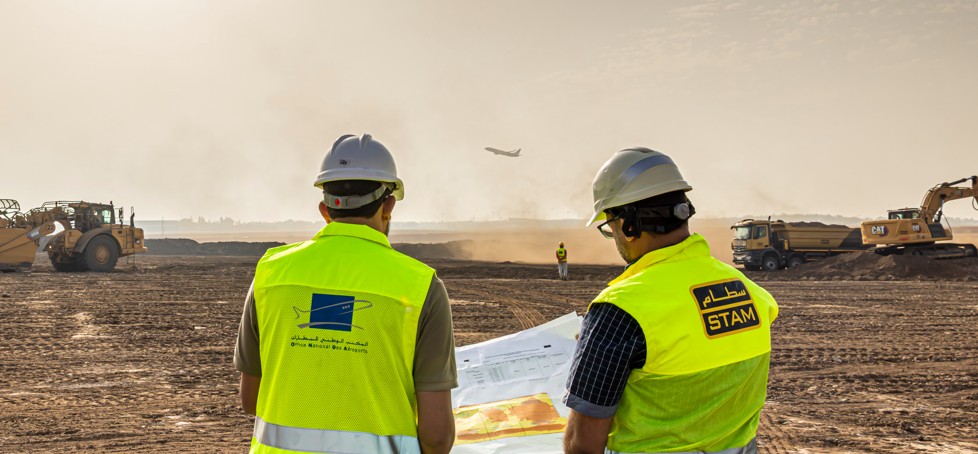Casablanca is stepping into a bold new chapter of its airport development with the start of groundwork on the future terminal at Mohammed V Airport. This marks the first tangible step in a major expansion project aimed at transforming Morocco’s economic capital into a key global air hub.
The project is one of the most ambitious infrastructure undertakings in the country’s near future. With an investment of around 15 billion dirhams, the new terminal will add capacity for an additional 20 million passengers each year, bringing the airport’s total capacity to 35 million. This expansion is a central piece of Morocco’s broader “Airports 2030” strategy, an initiative led by the National Airports Authority that emphasizes innovation, sustainability, and enhanced connectivity.
A Moroccan company, STAM, secured the contract for the earthworks phase after a competitive bidding process. This essential preparatory work will continue for eight months and paves the way for full-scale construction, set to begin in the second half of 2025 once the final contracts are awarded. The terminal is expected to open to passengers in 2029. The design comes from an international consortium of architects and engineers who have worked on high-profile terminals in cities like London, Madrid, and Geneva.
Beyond the impressive numbers, the new terminal represents Morocco’s clear ambition to establish itself as a major player in the flow of air traffic connecting Europe, Africa, and the Americas. Casablanca aims to strengthen its position as a strategic gateway, bolstering the growth of Royal Air Maroc at a time when international mobility is increasingly seen as a driver of economic development.
The future terminal promises a redesigned, seamless, and highly digitalized passenger experience. Sustainability is also at the heart of the project, with high standards for energy efficiency and climate resilience. The terminal will feature direct access to a high-speed rail station, cutting travel time to Rabat to just thirty minutes and making Marrakech reachable in under an hour.
Earlier this year, an open call for expressions of interest led to the shortlisting of 27 consortiums with specialized expertise in complex airport infrastructure. The tender process for the construction phase officially begins in July, with final decisions expected by the end of the year.
The start of the groundwork signals the beginning of a major transformation. Casablanca is poised to enter a new era, just as Morocco prepares to host the 2030 World Cup—a global event that underscores the country’s increasing openness and international reach.
